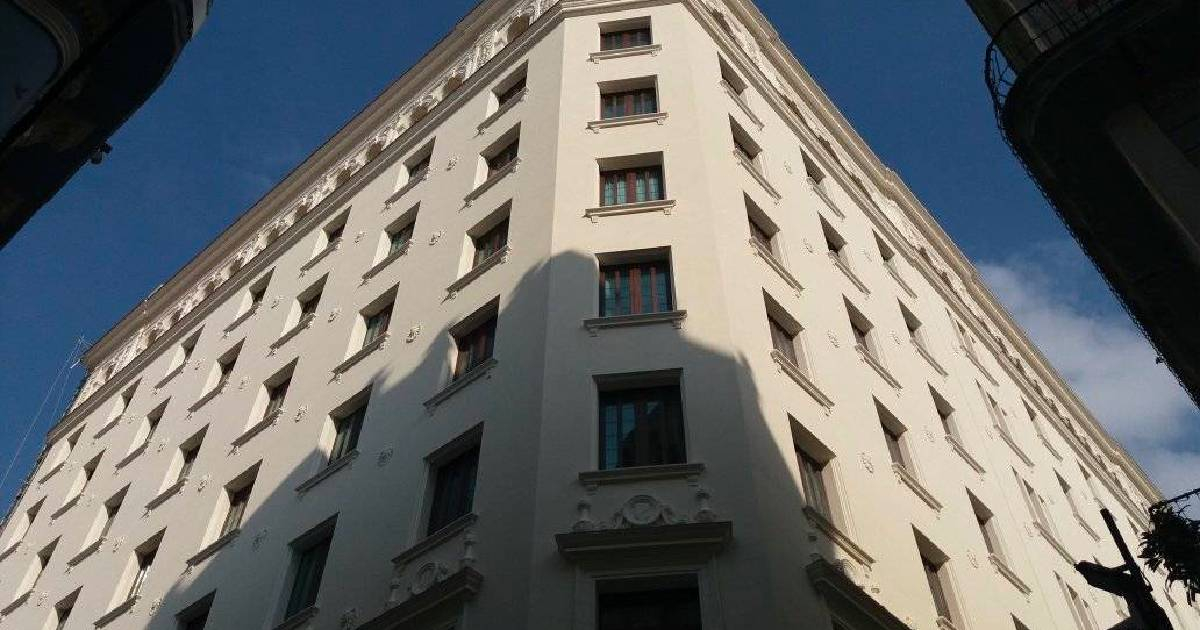
Despite the widespread discontent in Cuba, the hotel group Gaviota continues to expand its tourist infrastructure and will inaugurate six new luxury hotels on the island in the coming months.
At a press conference in Toronto, Canada, Gaviota Group presented its plans for renovation and the opening of new facilities in destinations such as Havana, Varadero, Cayo Santa María, and Holguín.
Among the upcoming projects, the opening of the Metropolis Hotel (219 rooms), managed by Kempinski in Havana, and new sections in hotels like Muthu Havana (515 rooms) stand out.
It is also expected that the Hotel Corona (147 rooms) in Havana, managed by the Turkish hotel chain ATG, will open next year.
The Iberostar, with 594 rooms, will open its doors in the tallest building in Havana on November 20, four days after the 505th anniversary of the city, said the entity. Meanwhile, at the Customs House of the Port, a new hotel called Real Aduana will open at the beginning of next year.
In Holguín, an unnamed hotel on Ramón de Antillas is expected to open its doors at the end of next year.
This hotel expansion by Gaviota, the largest group in the country in this sector, occurs when the influx of tourists is not as the regime expected and in the midst of a deep economic and energy crisis.
In short, the rapid construction of hotels sharply contrasts with the reality faced by Cubans, who suffer from power outages of up to 12 hours a day, scarcity or deterioration of their homes, and shortages of basic products.
According to economist Pedro Monreal, this situation is the result of a political decision that prioritizes real estate development for tourism at the expense of basic services such as electricity, water, and gas.
Monreal has pointed out that investments in the business and tourism sectors have grown significantly, while those aimed at essential services have decreased dramatically.
The energy crisis has become unsustainable, with frequent blackouts severely affecting daily life. Despite this, the government continues to blame the U.S. embargo for the crisis and does not acknowledge the lack of investment in the energy sector.
Instead of addressing the basic needs of the population, the regime continues to focus its resources on building hotels, many of which operate at a very low occupancy rate.
The situation has generated criticism both inside and outside the island, where the logic of continuing to build tourist infrastructure is being questioned when the demand does not justify such investments.
Monreal has suggested that it would be wise to take a "pause" in hotel investment and redirect those resources towards other priorities, such as improving energy infrastructure and agricultural production.
In 2023, Cuba did not manage to reach the goal of three million foreign tourists, falling well short of expectations despite new hotel openings.
The island also received a total of 1,680,485 travelers during the first half of the current year, according to official figures.
What do you think?
COMMENTFiled under: